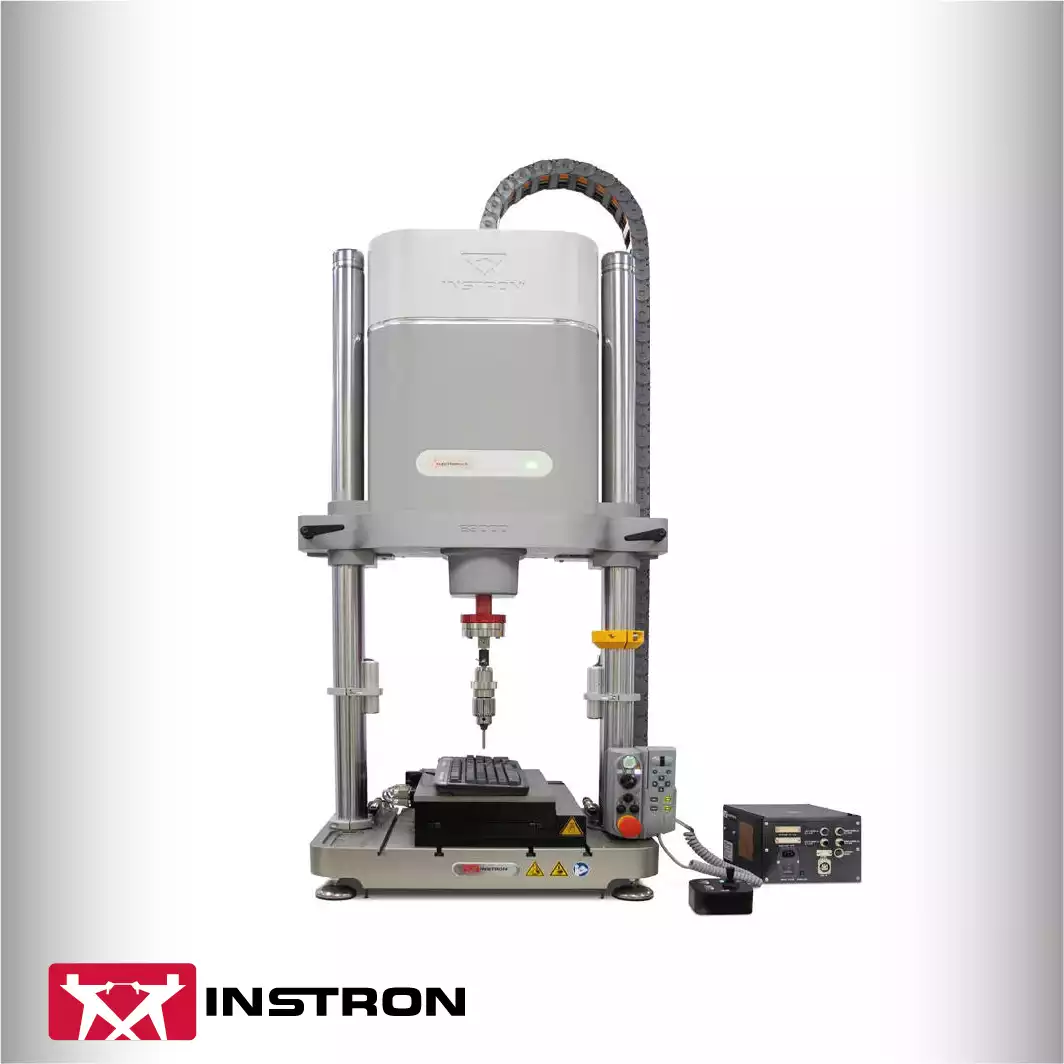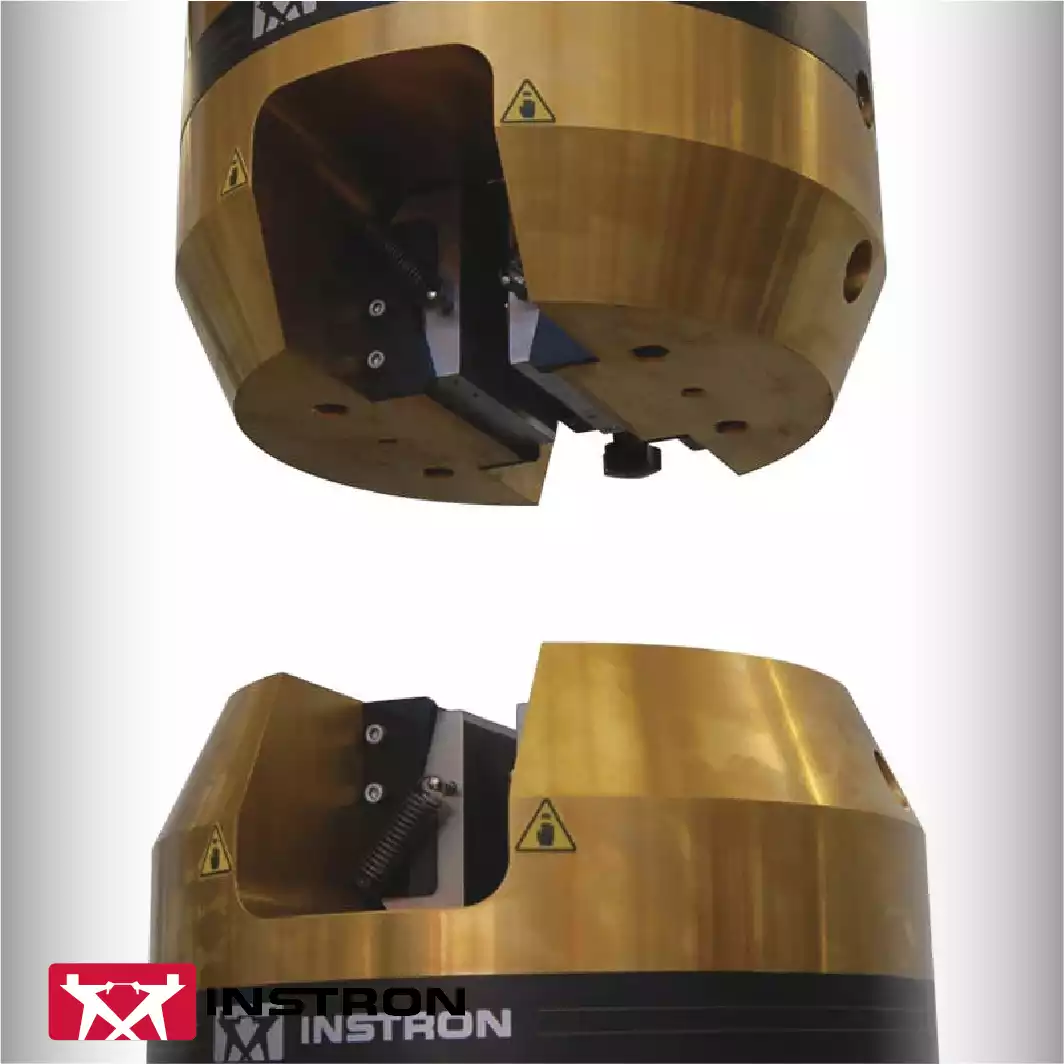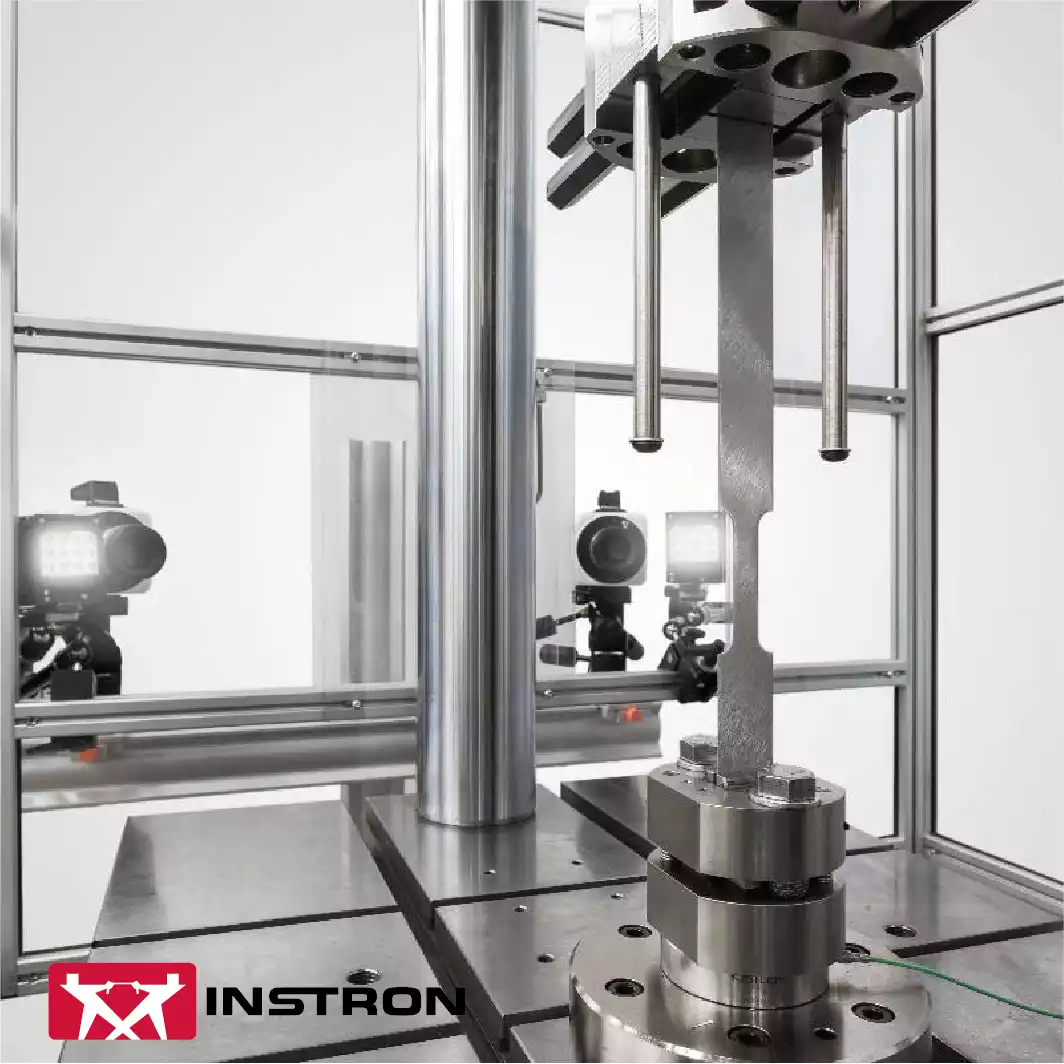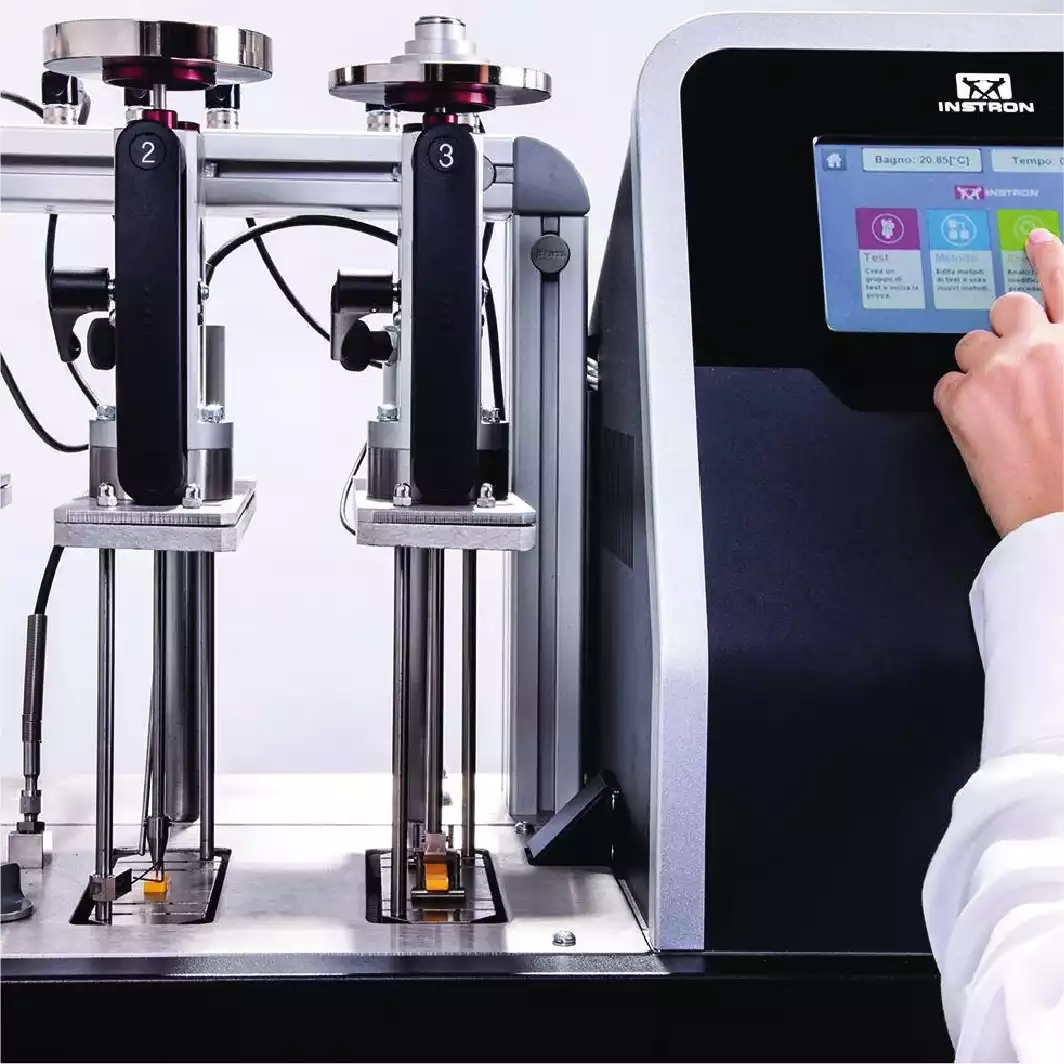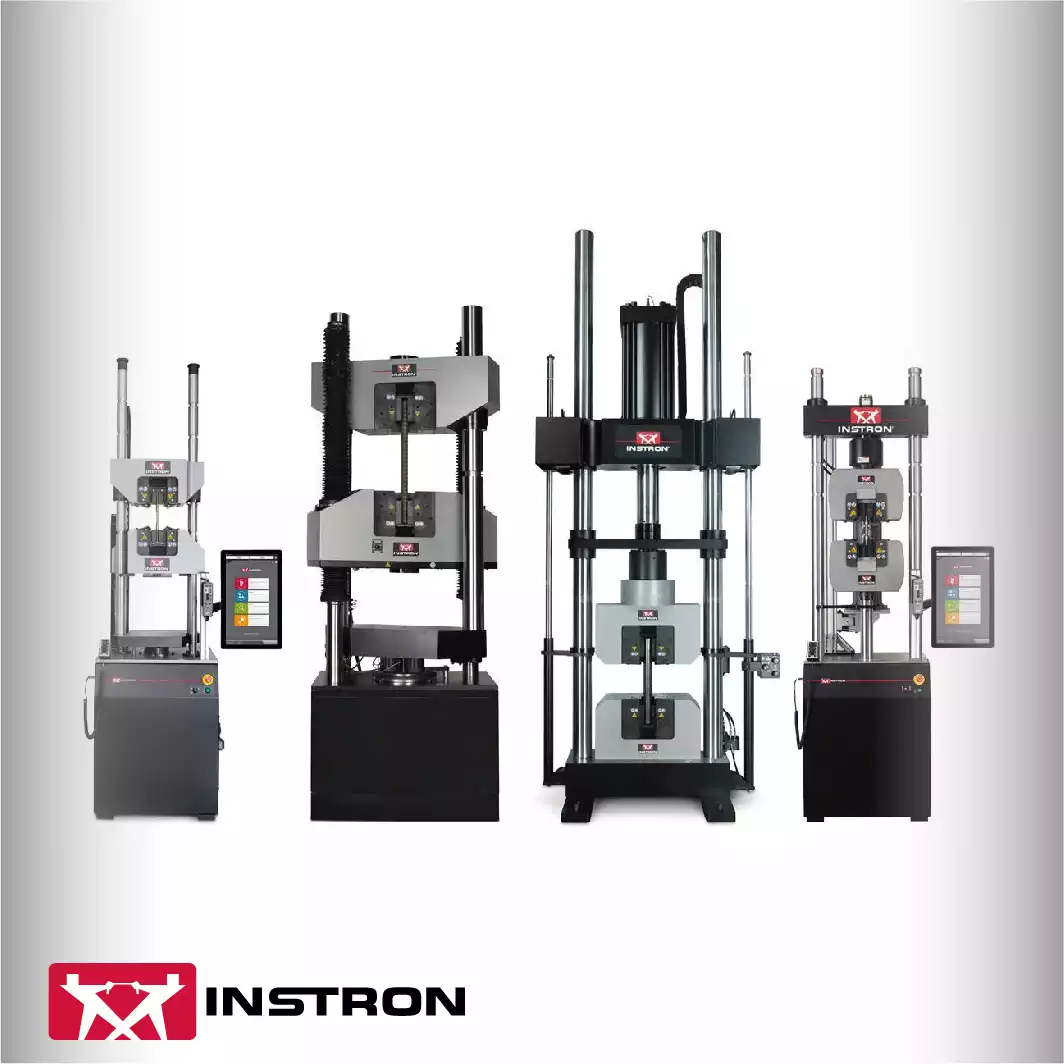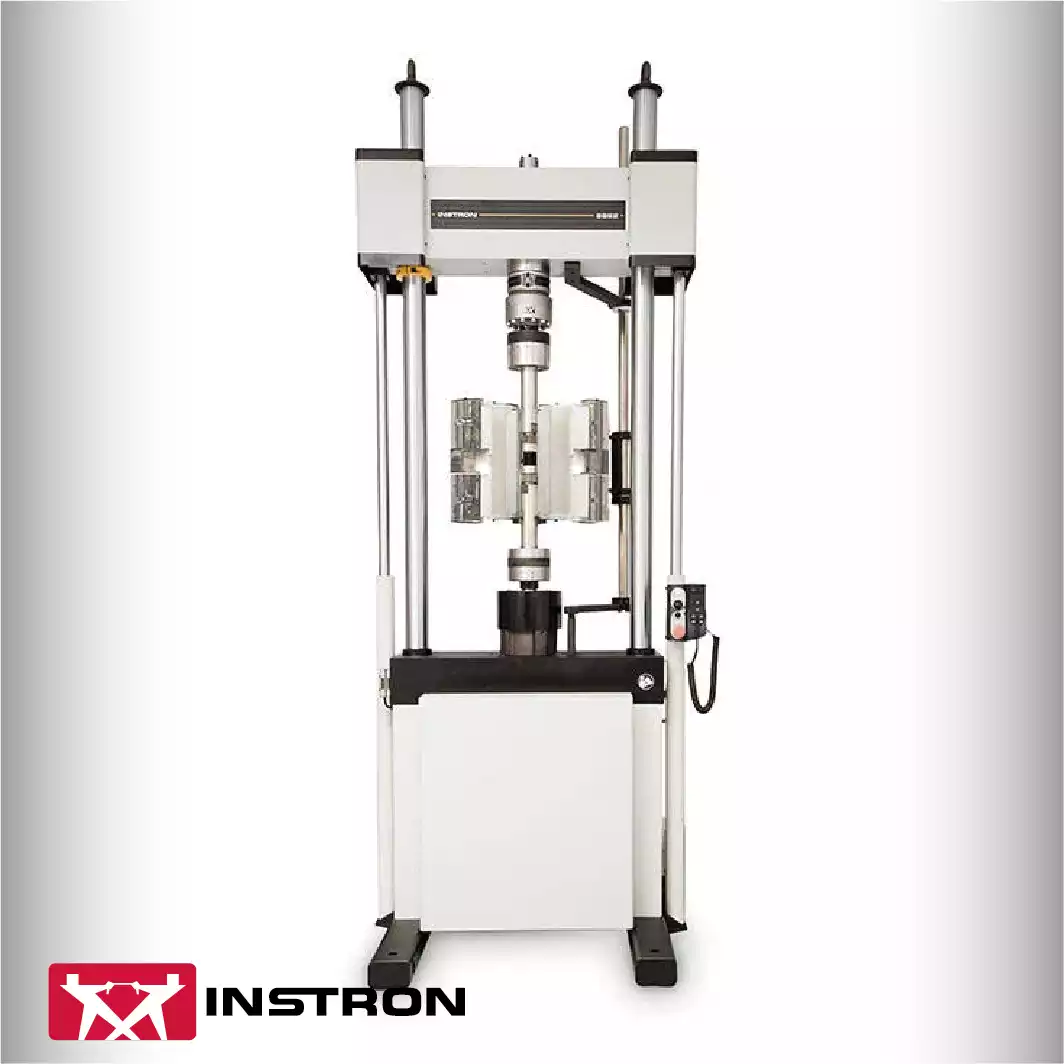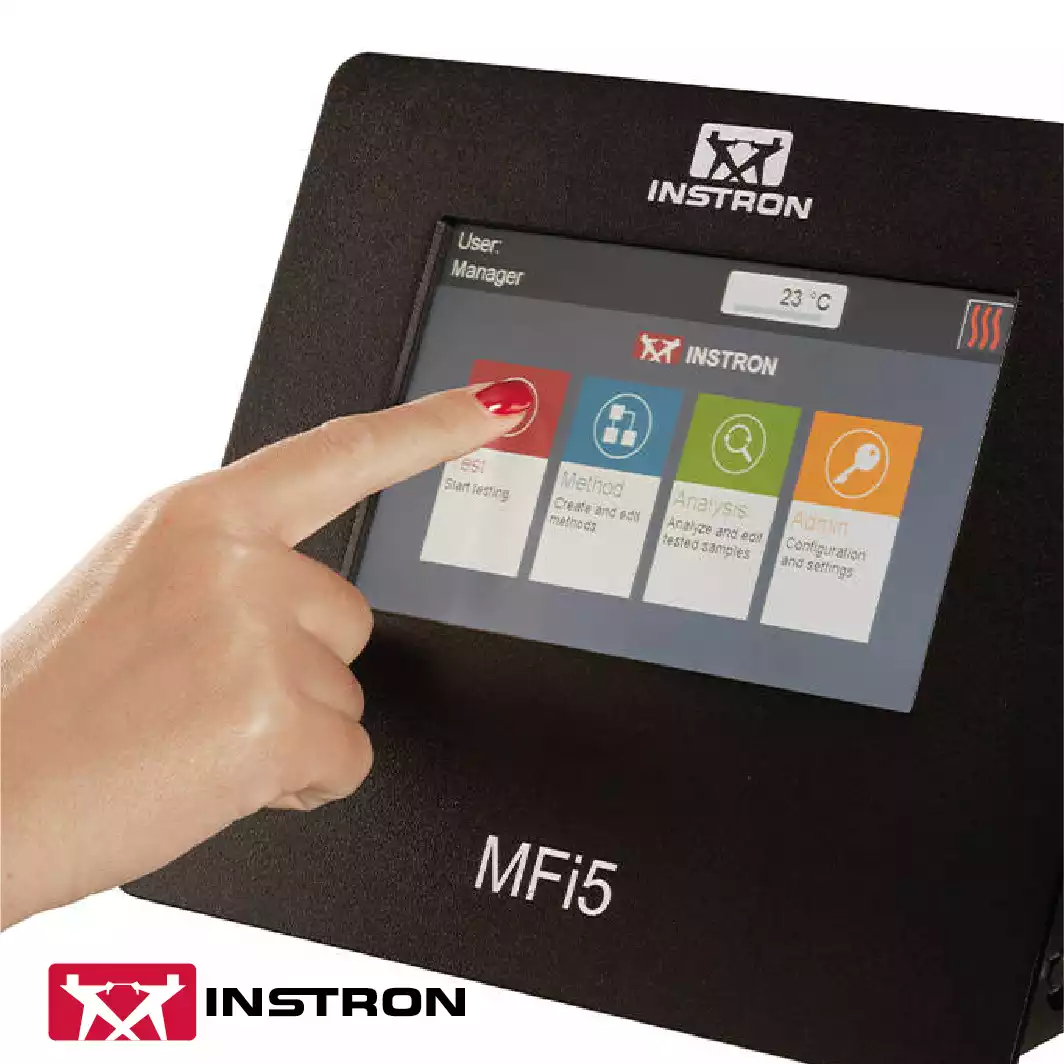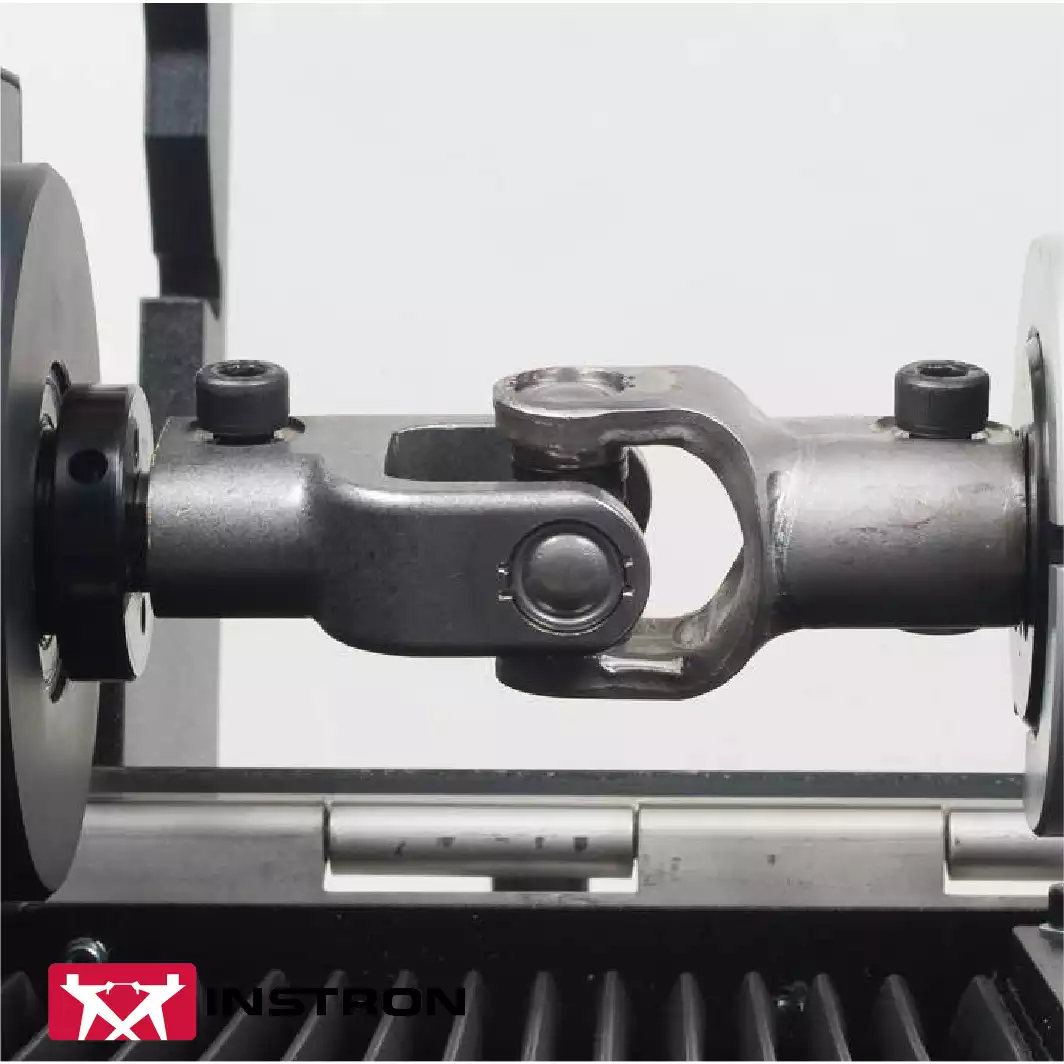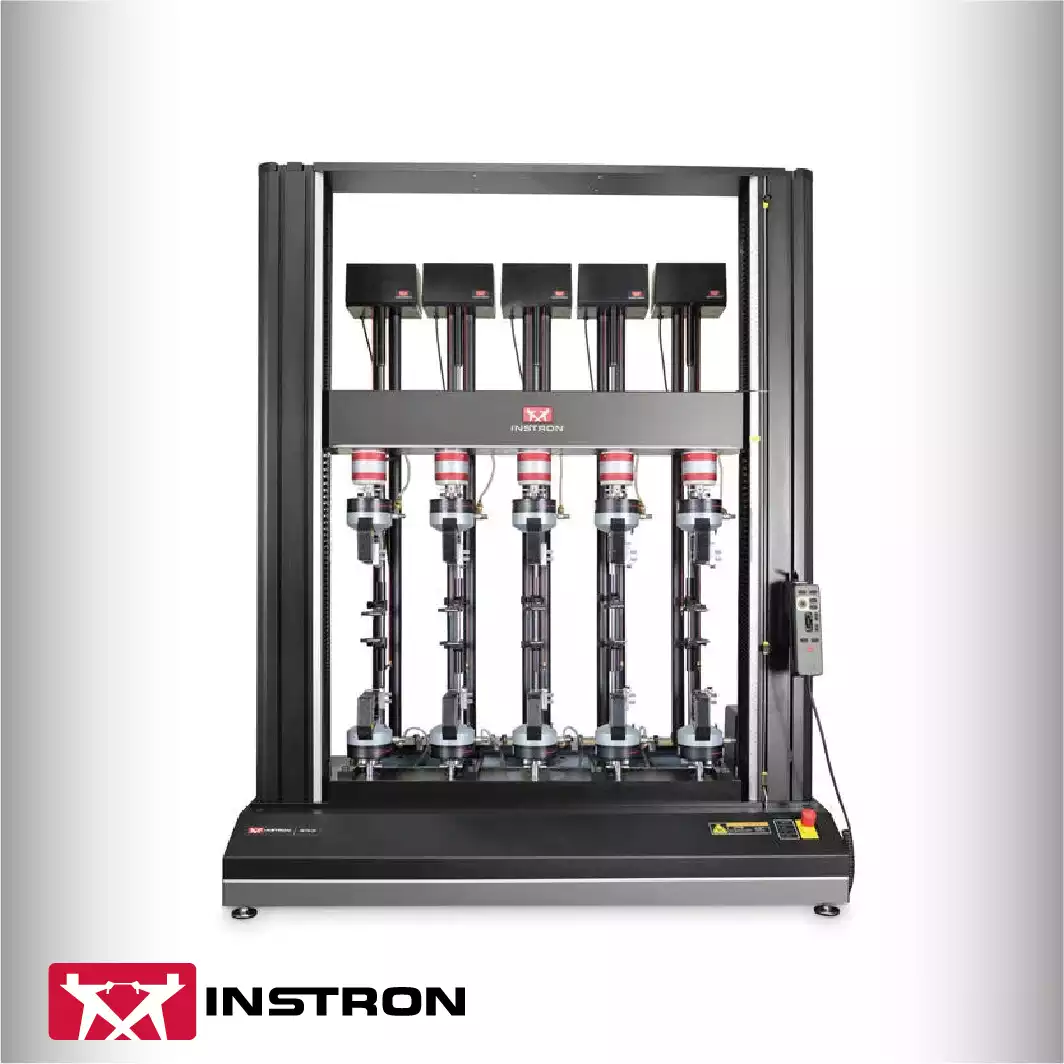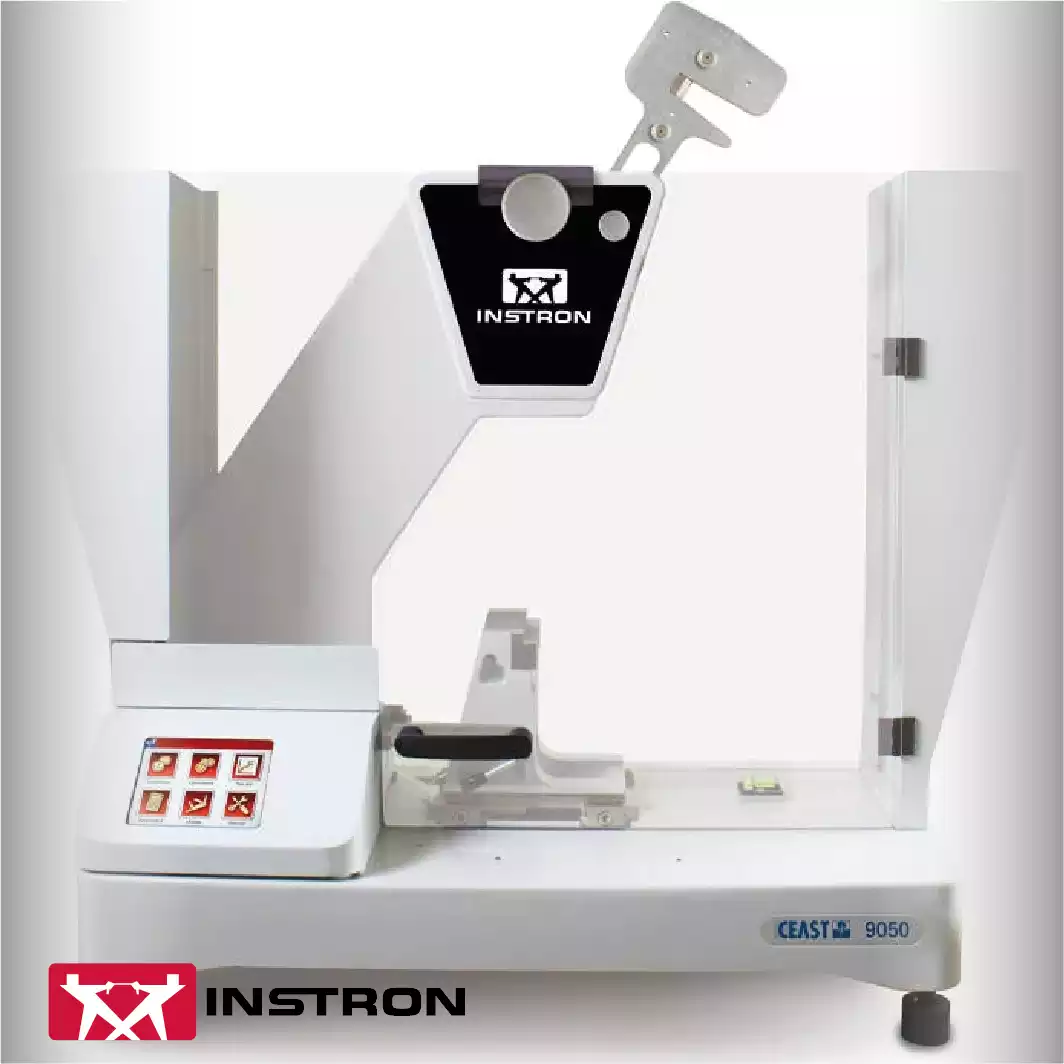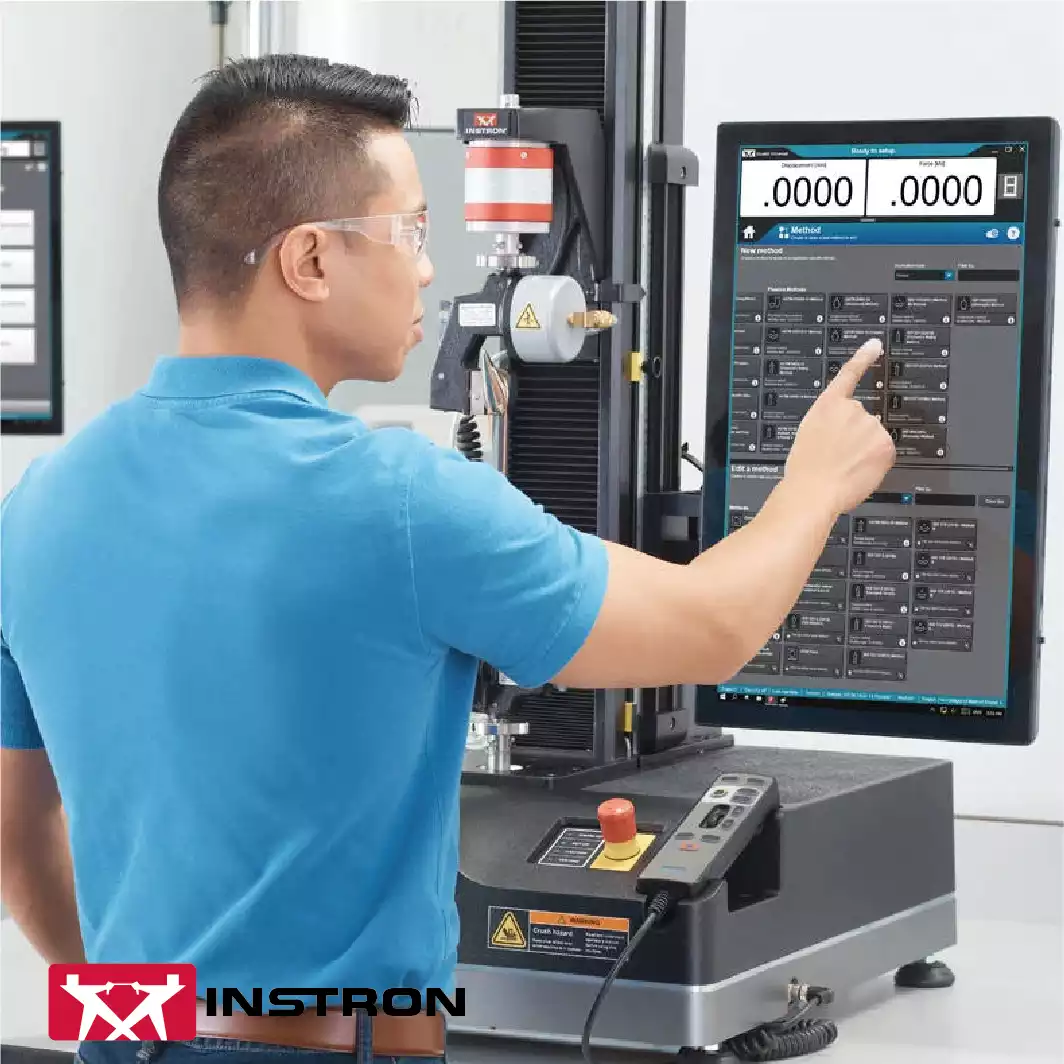
Ideal for research and quality control
Test the new generations of techno-polymers
Instron HV500 Oil-Free HDT & Vicat Tester
This instrument is ideal for research and quality control applications because it ensures the capability to test new generations of techno-polymers, which are characterized by their excellent properties at high temperature. The Instron® CEAST HV500 is the latest instrument design to perform HDT and VICAT tests at high temperatures, up to 500°C. The CEAST HV500 is easy to use and addresses environmental concerns associated with oil based systems including vapor emissions and oil disposal by utilizing three independent testing stations and a new cutting-edge heating system for specimens. Additionally, the CEAST HV500 is designed to be as user-friendly as possible.
Features
- New innovative heating medium that uses an Aluminum Oxide micrometer-sized powder, which is "fluidized" by compressed air rather than oil
- The pneumatic system, which automatically lowers all three test stations at the beginning of the test and raise them at the end of the test, eliminates the need for operator manual handling
- Automatic pneumatic system to apply and remove weights on the specimens at the start and end of the test
- Both HDT and Vicat tests can be performed simultaneously
- For additional operator safety, the protective cover remains closed until the bath temperature returns to the threshold temperature
- Available as a stand-alone instrument, controlled by microprocessor and soft-touch keyboard, the instrument can be as well connected to a PC for data handling using the Bluehill HV software, ensuring parameters management and process control
Standards
HDT test
- ASTM D648
- ISO 75
- DIN 53461
- BSI 2782
- Met 121 C
- NT T 51-005
Vicat test
- ASTM D1525
- ISO 306
- DIN 53460
- BSI 2782
- Met 120 C
- NT T 51-021
How temperature affects the mechanical qualities of plastics is a key part of designing parts, especially when it comes to choosing materials. Plastics are very sensitive to even small changes in temperature, which is different from metals and ceramics. It is hard to choose the right plastic for different uses at different temperatures. The material must be able to handle a certain amount of stress under normal working conditions without losing its strength or distorting too much. Different processes and methods can be used to study the effect of temperature on geometrical stability and mechanical properties in general. For example, the temperature can be kept constant or the temperature can rise over time. From very simple units for quality control labs to more advanced and automatic systems, the Instron line of CEAST Thermal testers are made to measure the heat deflection temperature (HDT) and the Vicat softening temperature (VST) according to the relevant ISO and ASTM international standards.
Read more about Instron HV500 Oil-Free HDT & Vicat Tester here
Related Products
Ask Us A Question
Subscribe to our Newsletter
Receive all our promotions, updates, news and much more...
CONTACT US
Diamond Spectrum for Scientific & Laboratory Equipment Co
Jeddah
Khobar
Taawon Group © 2024 - All Rights Reserved
We use cookies to optimize site functionality and give you the best possible experience





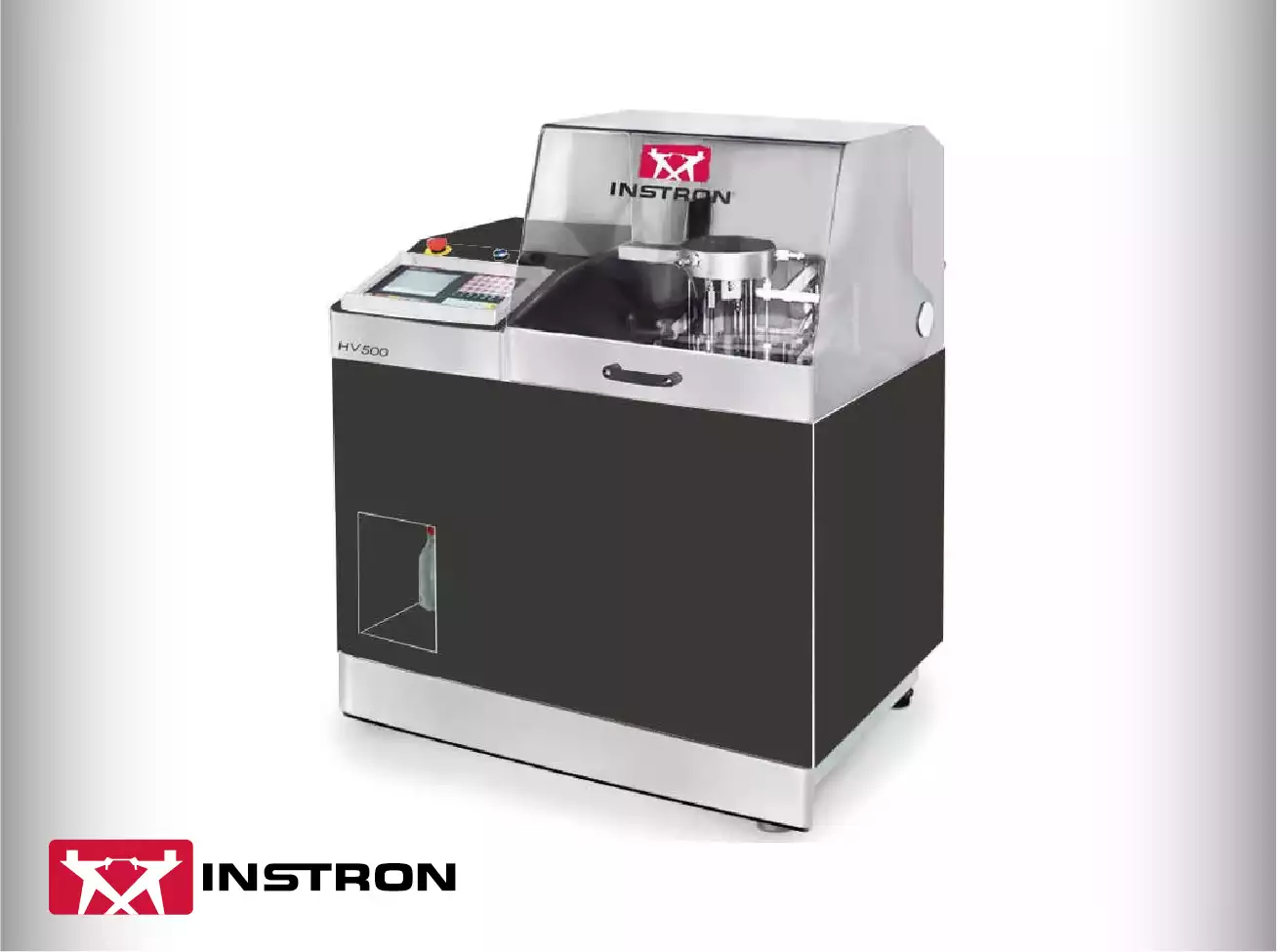
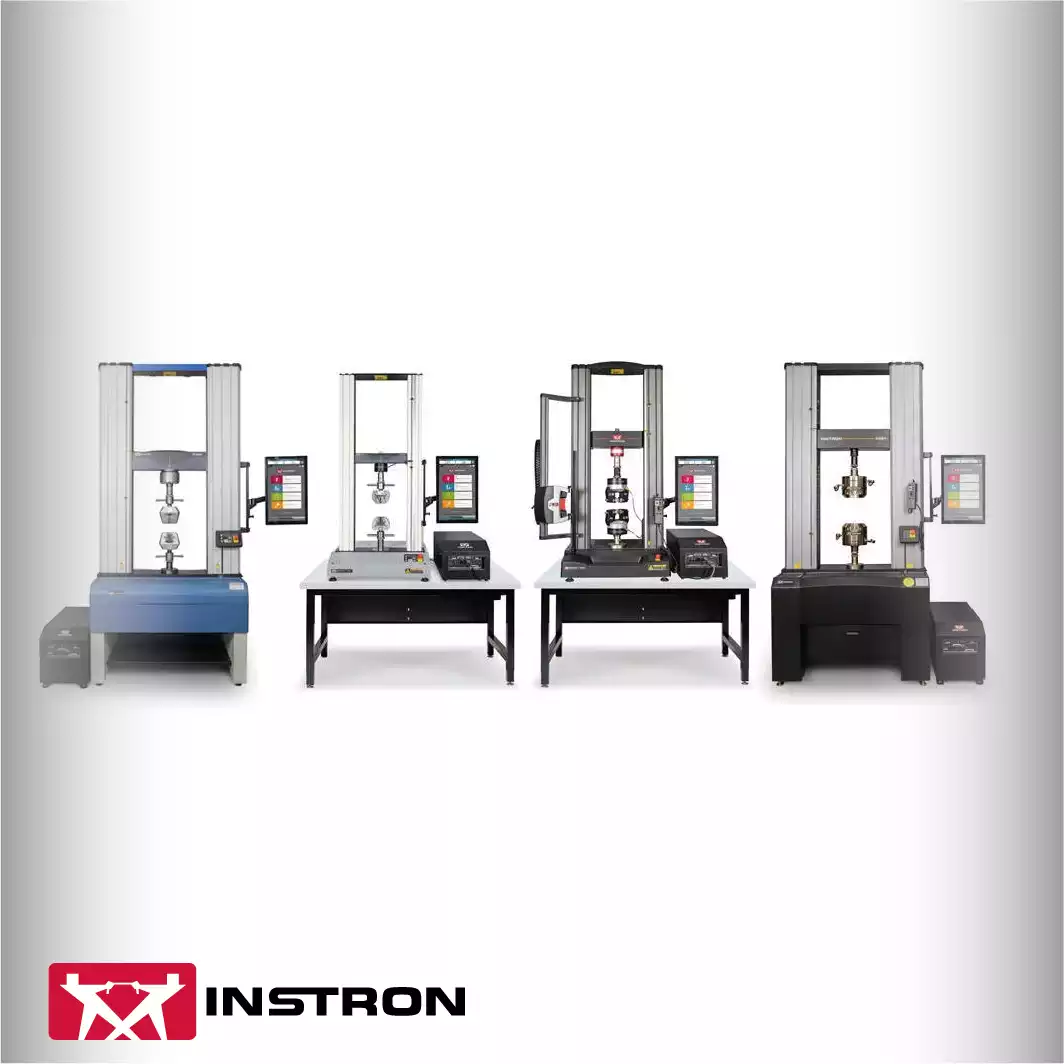
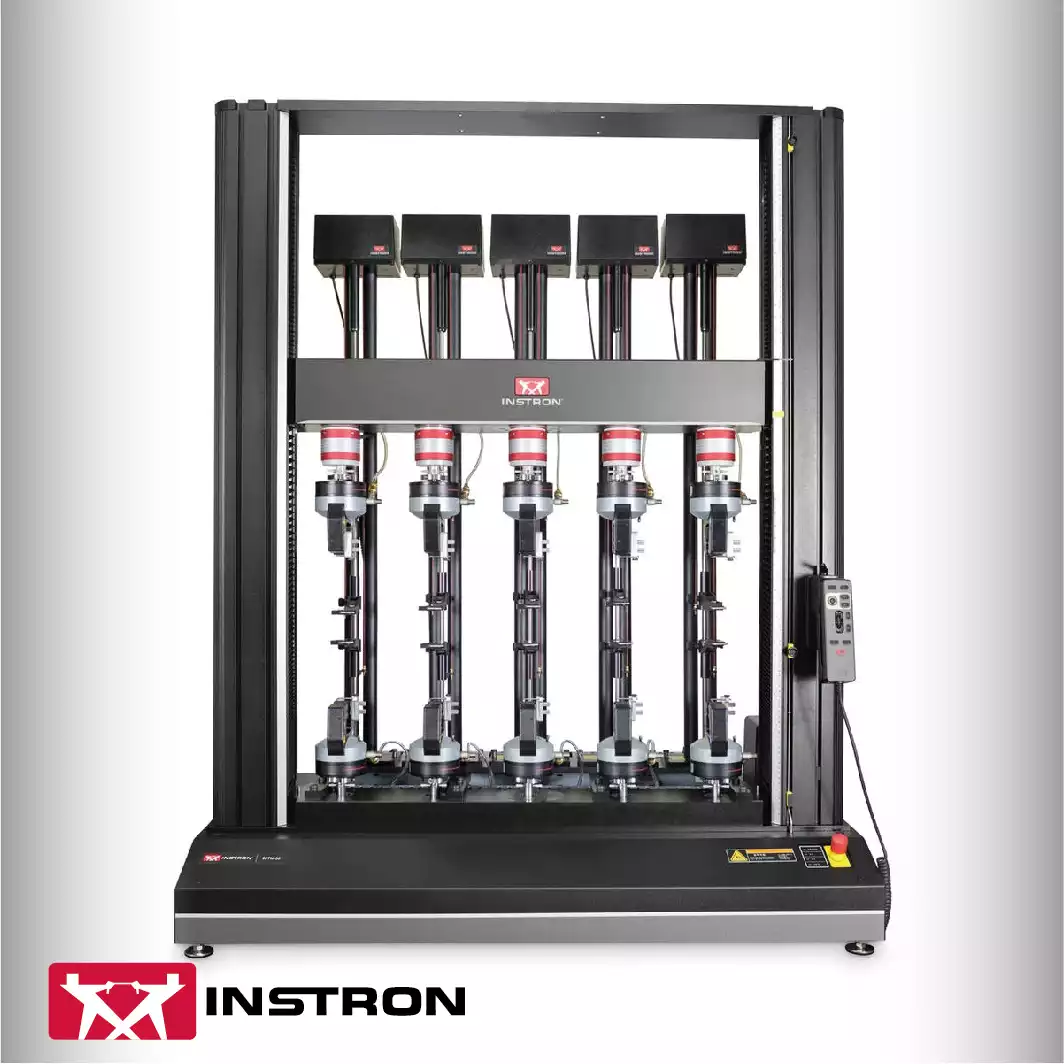
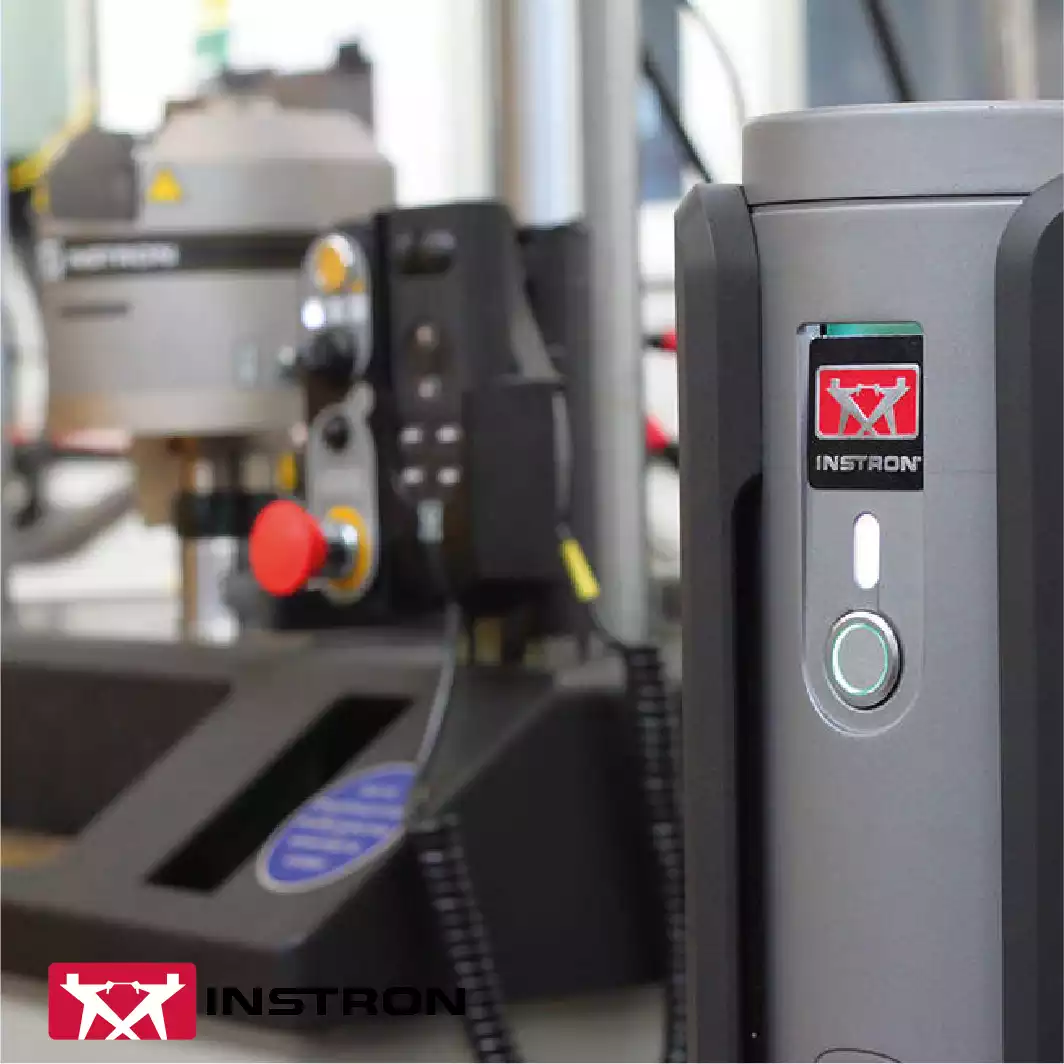
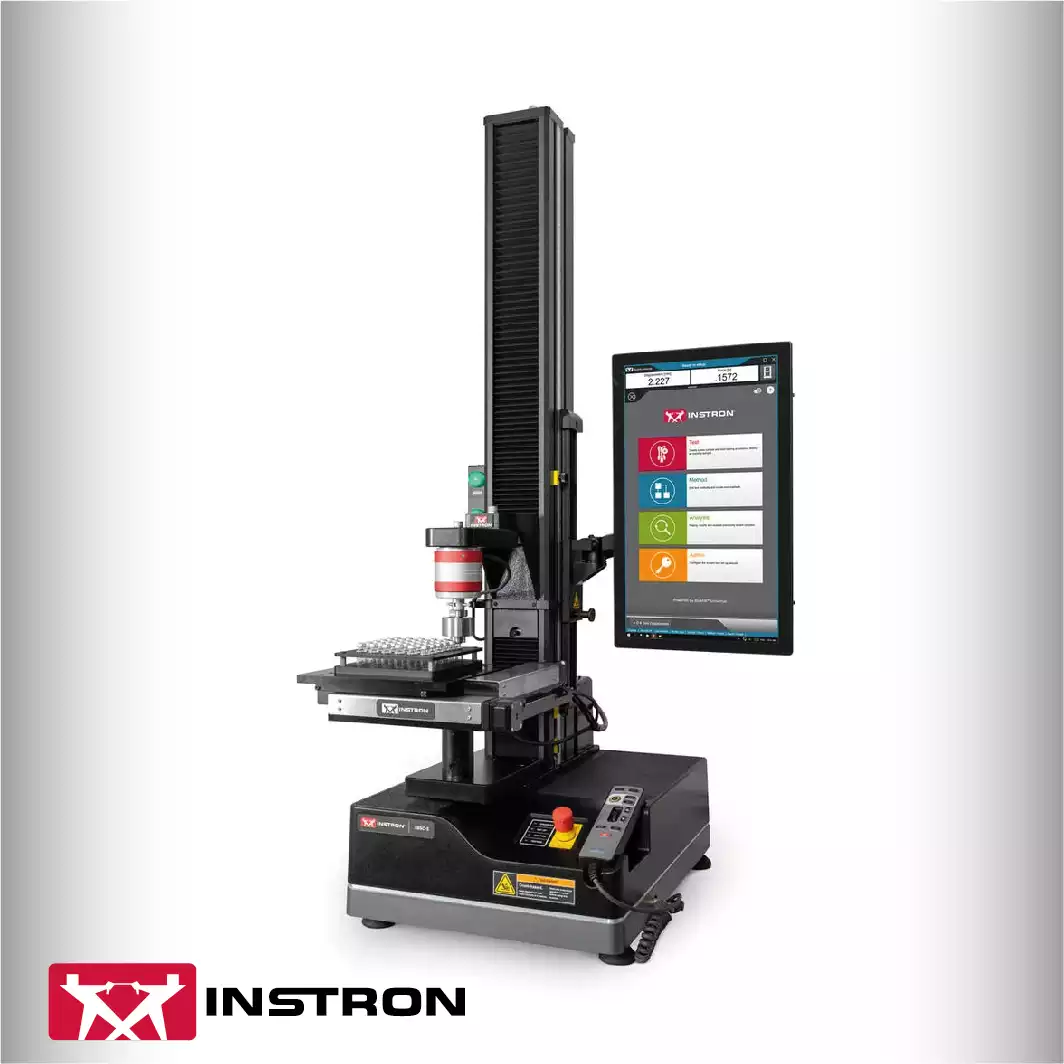
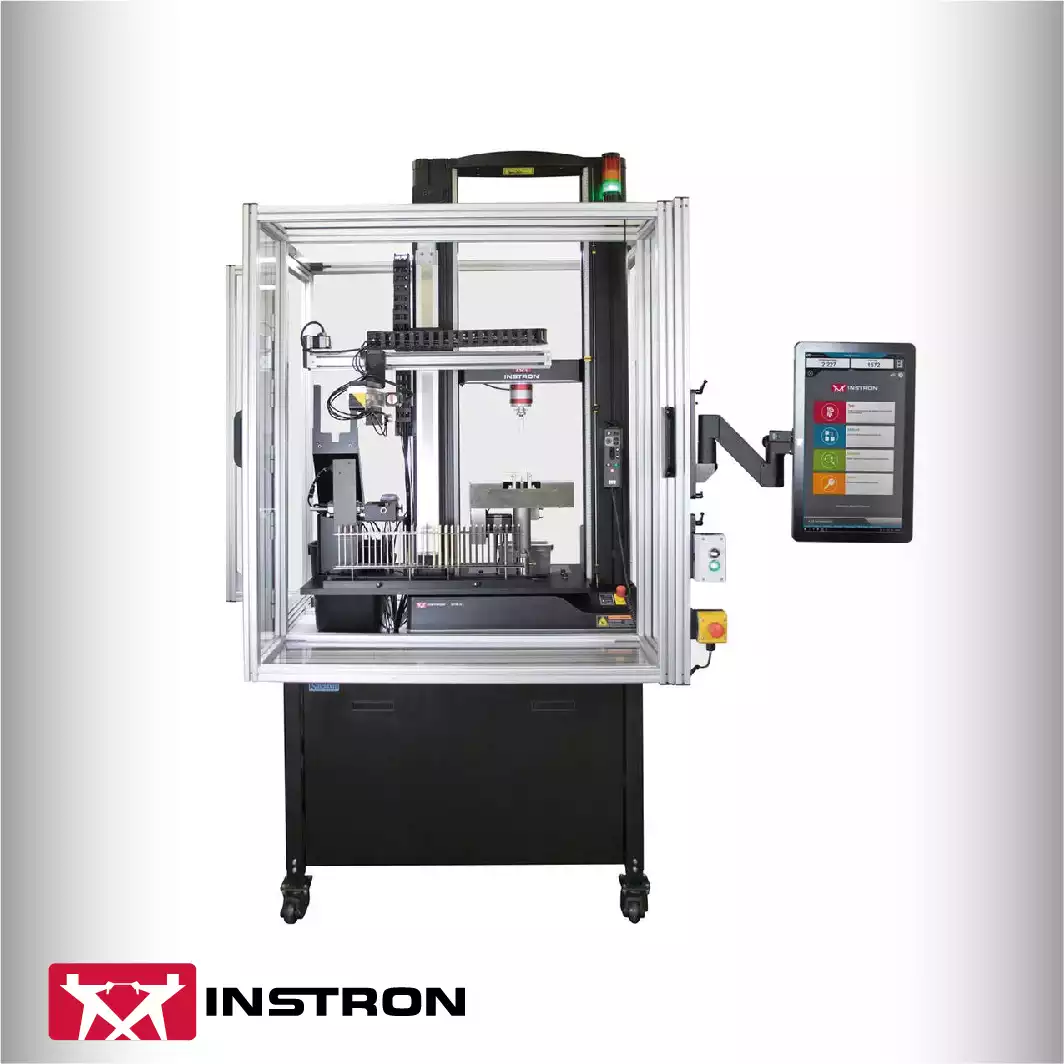
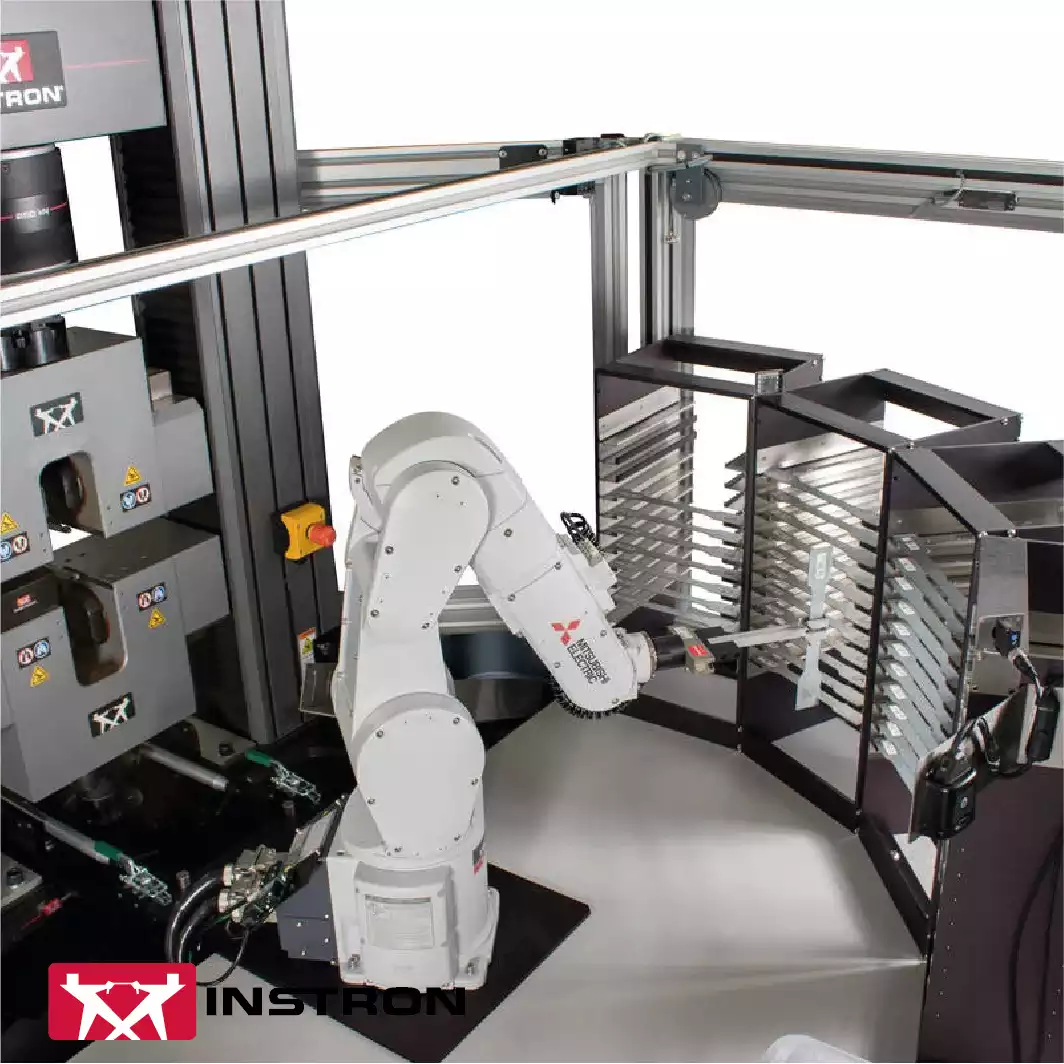
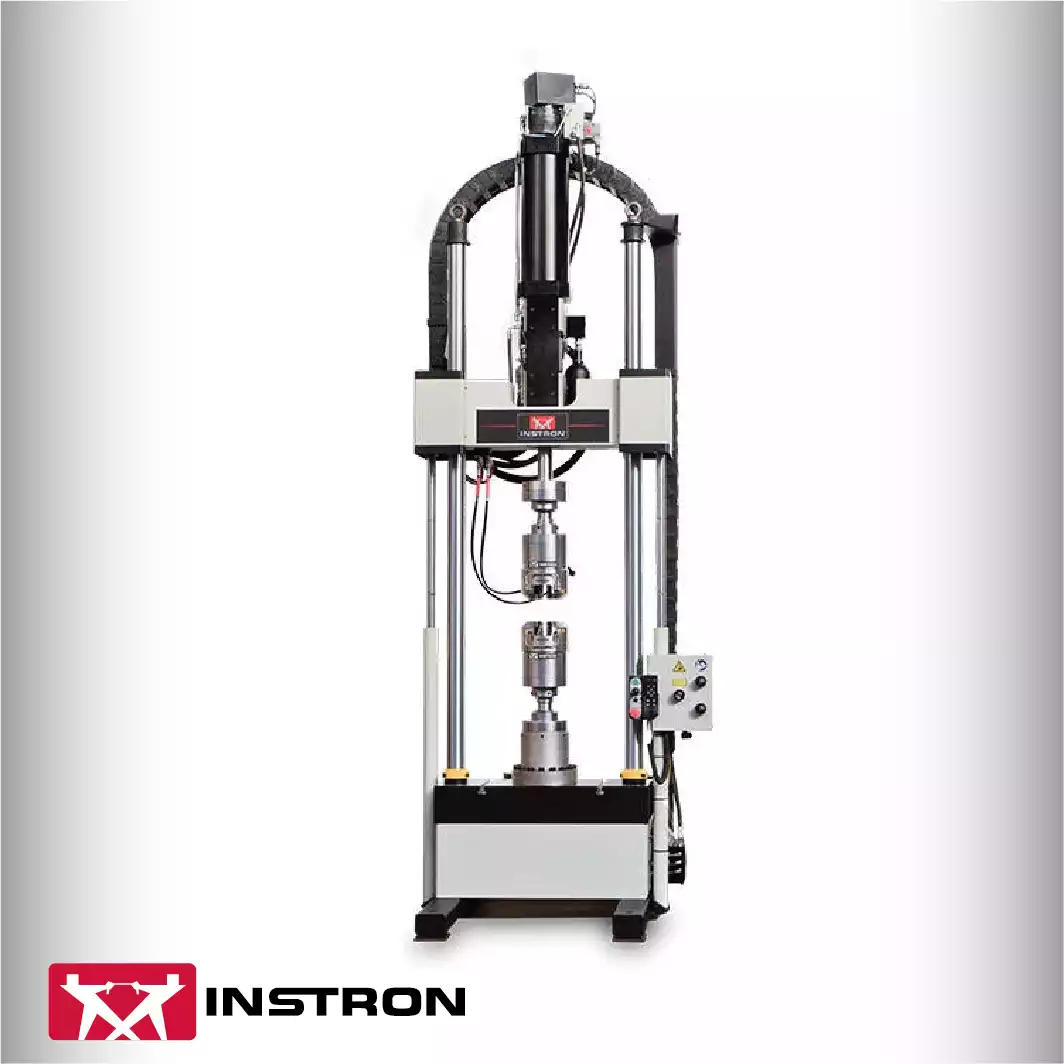
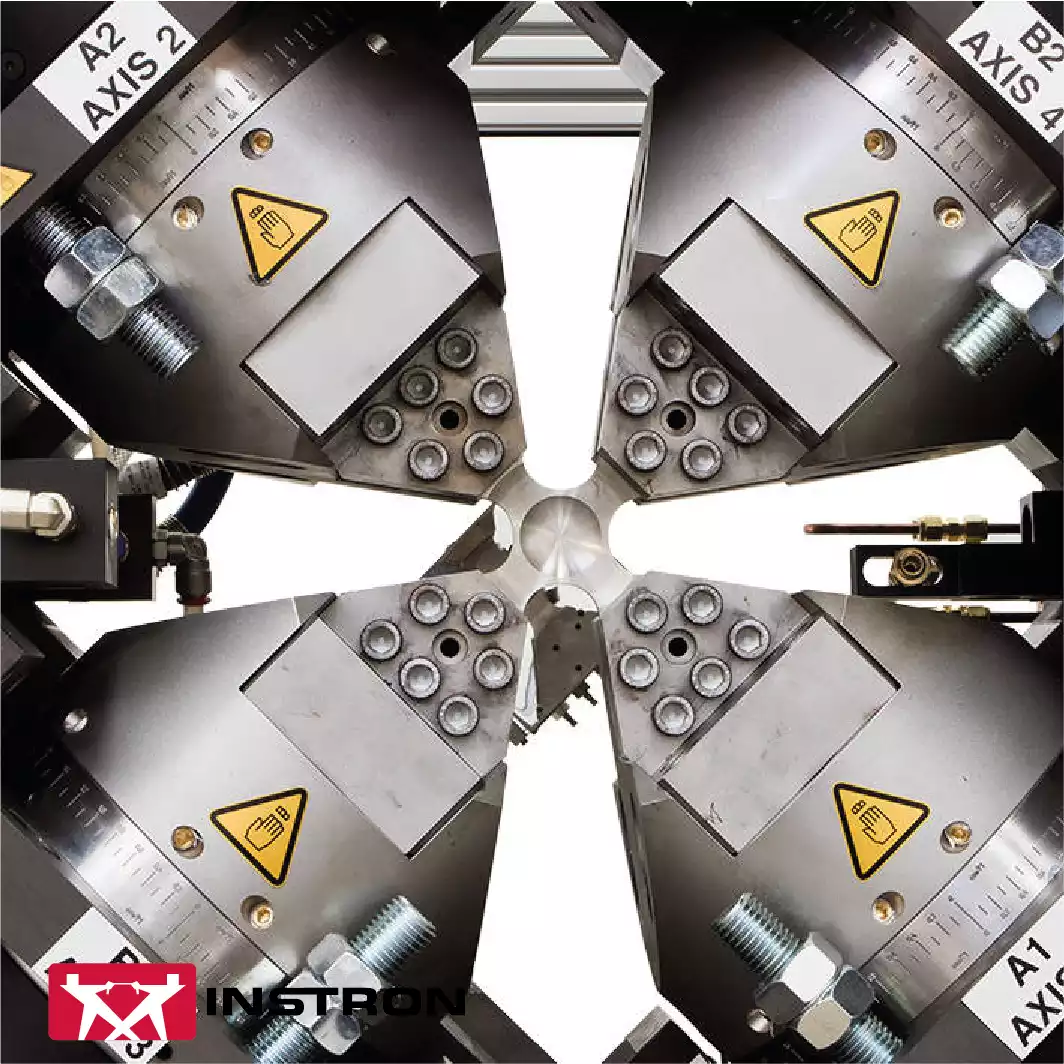
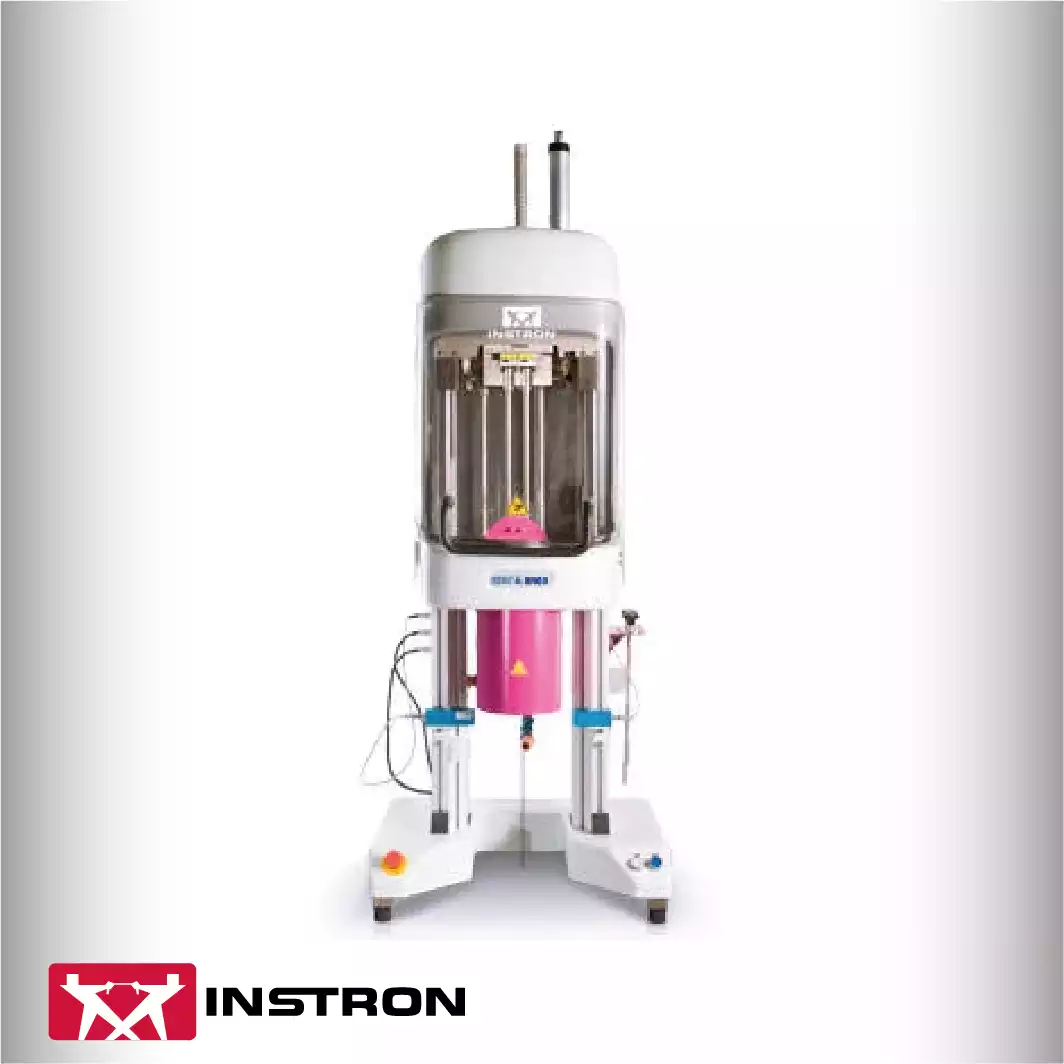

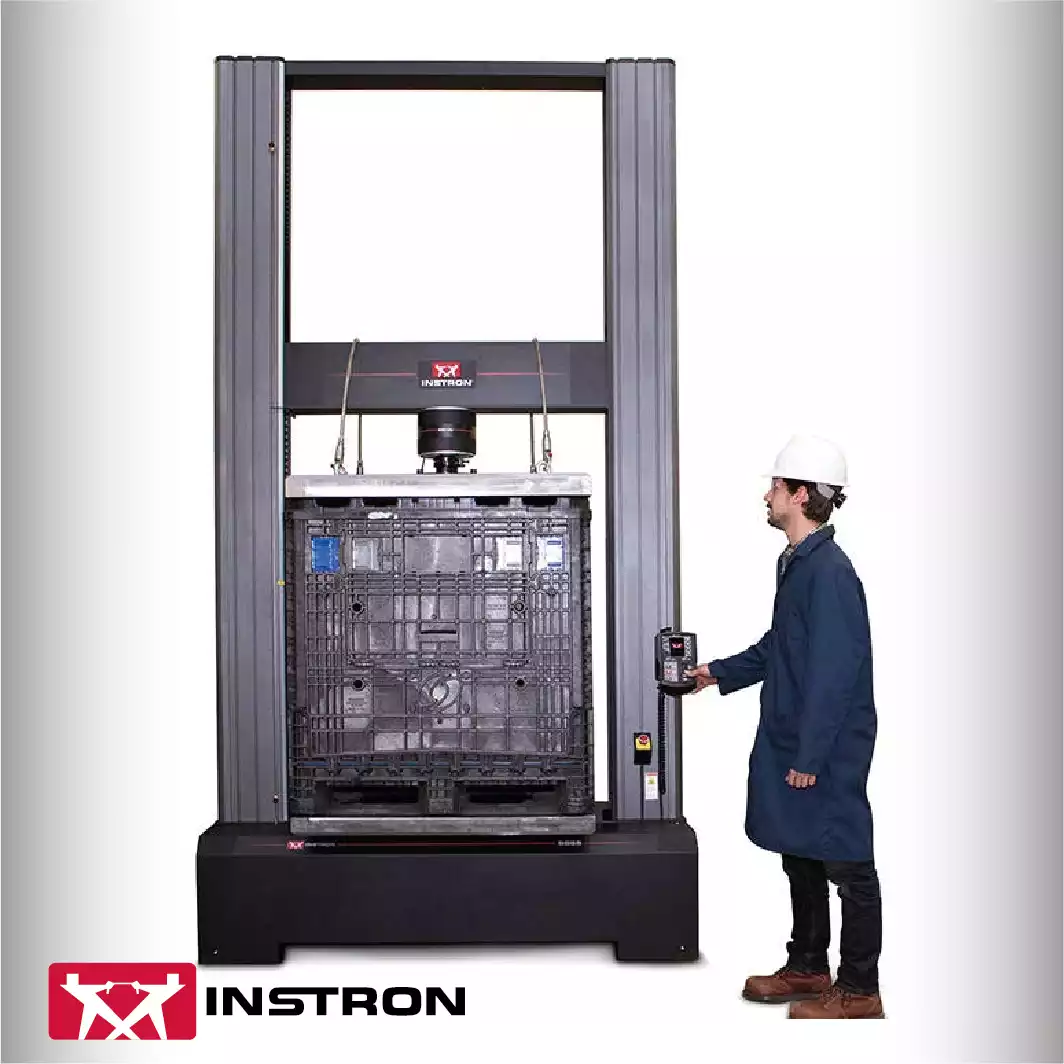
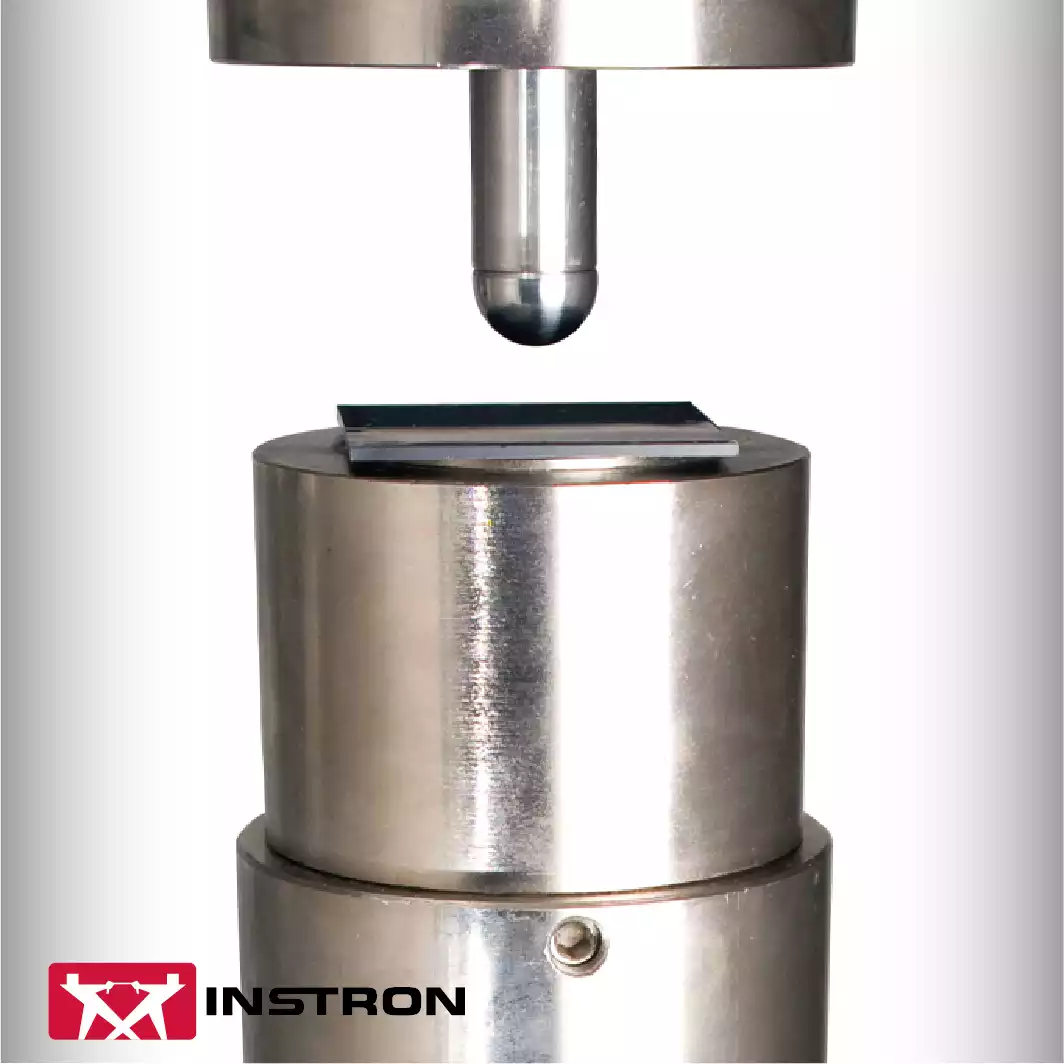
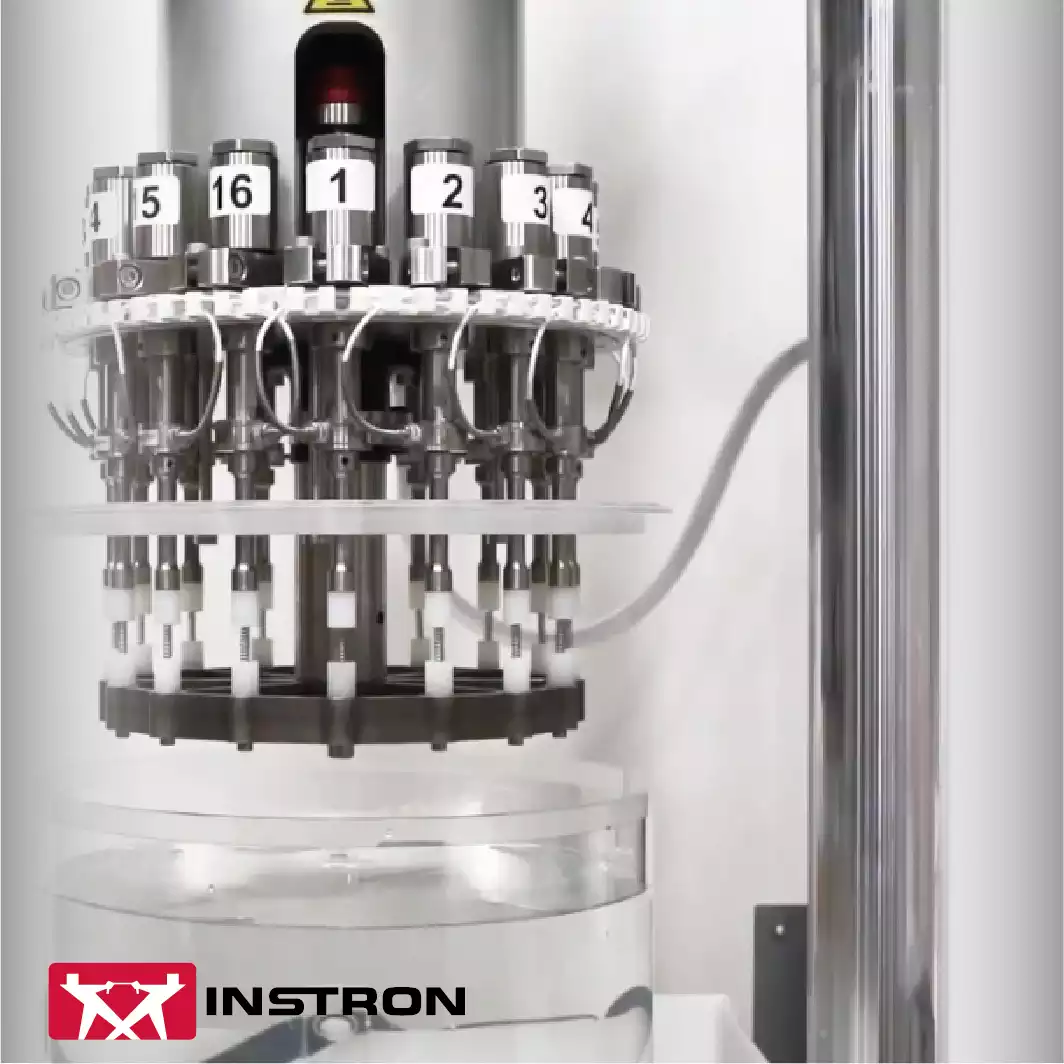
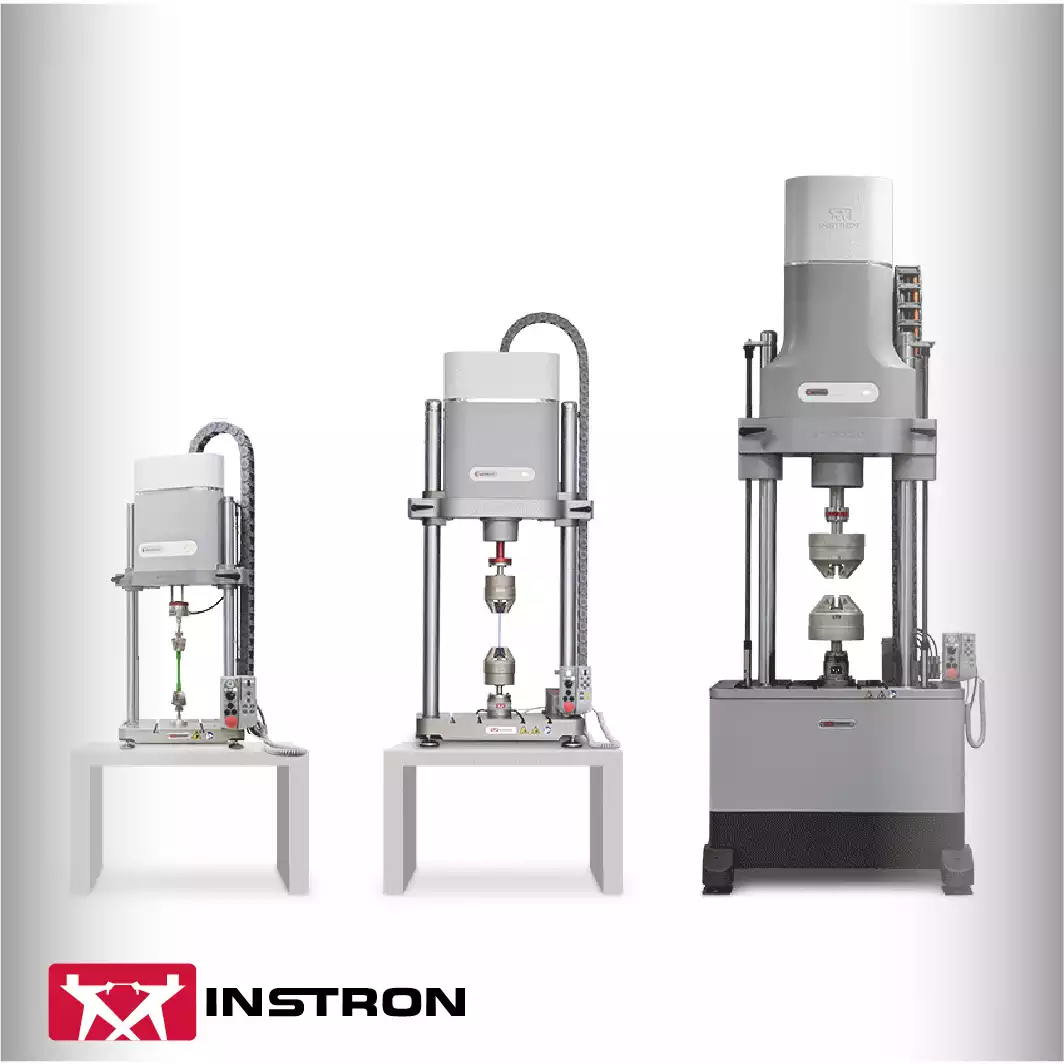
.webp)
